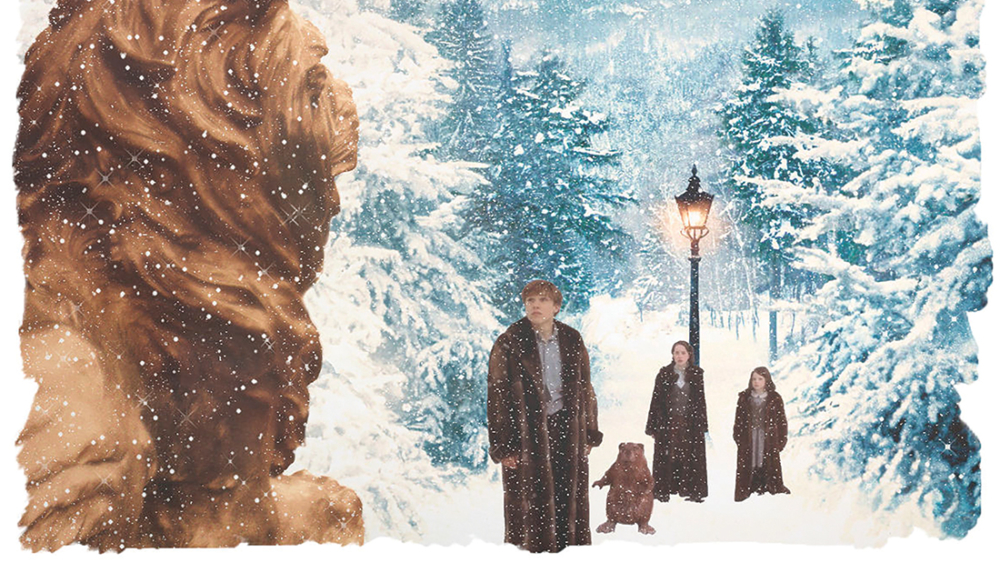One person’s weird is another person’s normal, I know. And these days, thanks to the internet, people tend not to get surprised much by weirdness. But Christians still come out on top for being weird, particularly when one uses the word properly.
The earliest deployment of the word “weird” was as a noun to describe supernatural creatures that shape our destiny (such as the Three Fates in classical myths, or the “Weirds” in Macbeth, referring to the three witches).
By the 19th century, it had turned into an adjective used to describe something inexplicable – something spiritual, unseen, from the beyond. Weird didn’t mean bizarre but otherworldly. It didn’t mean strange but supernatural.
On this account, Christianity is weird par excellence.
We believe in the existence of non-human beings in another plane of reality.
To demonstrate, permit me to list some of the Christian beliefs about the supernatural. These are things that are not in dispute among Christians, and have been part of our view of the world since Jesus was a boy. If people don’t believe these things, it may be unfair to call them “Christians.”
1. We believe that the best explanation for the universe’s existence and qualities is a divine mind that we call God. We can’t see this but we are confident in it, from the depths of our philosophy to the heights of our experience.
2. We believe in the existence of non-human beings in another plane of reality but capable of being experienced in space and time. We call them angels, demons, heavenly creatures, Satan. We expect them to be active, even if we are not often aware of it. Aquinas, Descartes, C.S. Lewis, Richard Swinburne, Pope Francis, probably your neighbour – all are believers in such beings.
3. We believe that in different ways at different points in history, God has communicated with human beings. Sometimes it was through strange (“weird”!) activities such as a voice from the heavens or even a speaking donkey (stick with me here). Today and since the 1st century this has been clearly seen through the teachings and actions of Jesus Christ (as found in the Bible). We’re not surprised by this, because we think it is a loving act of God to reach out to us.
4. We believe that Jesus of Nazareth was fully human but also fully divine. He’s the full bottle of God. Those who encountered him in the 30s AD were in touch with the divine. That’s why we place incredible importance on his words (as recorded in the Bible) and the words of his followers; we are listening to God speak. As humans who aspire to be more divine, we seek to follow the way of Jesus. That’s our calling.
[The crucifixion] resolved what C.S. Lewis called a “deep magic” by which justice and mercy could be extended together.
5. We believe that those who lived after the time of Jesus can still encounter God through his Spirit. Jesus taught that when he left the world to return to God in heaven, his Spirit remained – the spirit of God in Christ. God is active in the world right up to today because his Spirit is here. I know it sounds weird and, yes, it is. Real weird.
6. We believe that when Jesus was crucified (a common fate for non-conformists in the age of the Romans), his death was no mere physical matter. It was, in fact, a spiritual means of reconciling a corrupted world, and all of its inhabitants, with divine perfection. It was a dramatic act with theological power. It resolved what C.S. Lewis called a “deep magic” by which justice and mercy could be extended together. It’s why Easter is our big event. It’s at the core of our weirdness.
7. We believe that eternity is real, space and time are limited, and the distance between the two is as small as the distance between Good Friday and Easter Sunday. We believe Jesus returned to life after his burial and in doing so showed us what the future is like – death is not the end, its power is limited and the world will reach that limit one of these days. We think God has eternal plans for us and the world, and the resurrection of Jesus is our big hint.
We believe that only the weird can explain the supposedly normal.
So that’s a short list of what is normal for us weirdos. This set of supernatural beliefs has been quite normal for about a third of the world’s population for many centuries now. But today, in Australia at least, our beliefs about the supernatural can make us outsiders. But are we more in touch with reality than the naysayers think?
We Christians embrace the weird. Because we believe that only the weird can explain the supposedly normal. Without the supernatural, we are ignoring what’s real. We intend to stay weird, and keep talking about it with anyone who is happy to listen.
Greg Clarke is the former CEO of Bible Society Australia.
Email This Story
Why not send this to a friend?



